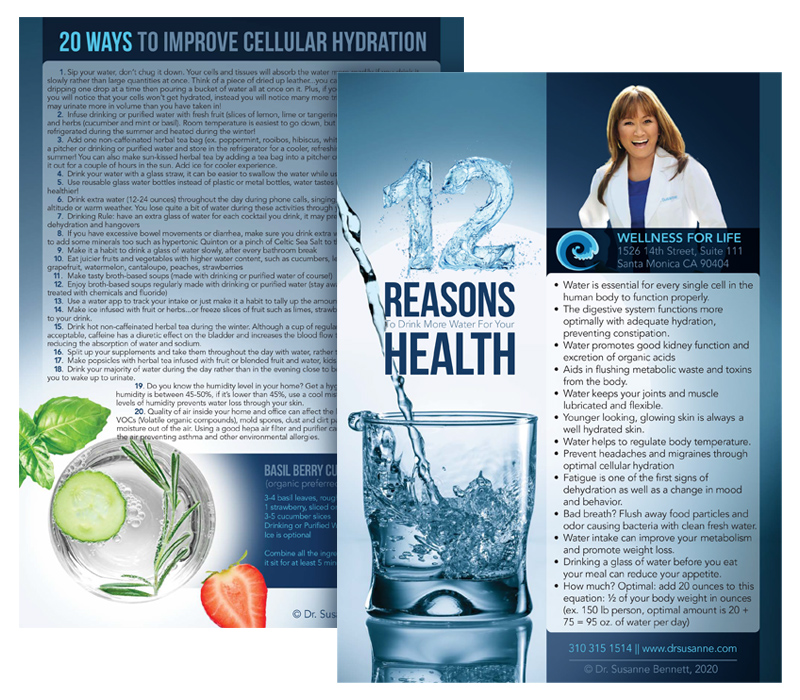Resveratrol first turned the heads of scientists back in 1992 after learning that the French had a lower risk of heart disease despite their high-fat diets. Because it was discovered that the French drank red wine liberally, they turned to the ingredients in red wine, of which resveratrol was a major part. By and large scientists learned that resveratrol had wonderful anti-aging and anti-cancer properties. It efficiently inhibited the proliferation of cancer cells as well as activated a gene called sirtuin, also known as the “longevity” gene that inhibits many of the degenerative processes involved in aging.
To date many studies have been performed that have yielded knowledge on how resveratrol promotes longevity. For instance, resveratrol has extended the life of yeast, worms, fish, and mice. In addition to these anti-aging properties, resveratrol contains a group of powerful compounds called polyphenols, natural chemicals found in red grapes that have been known to exhibit antioxidant and anti-inflammatory properties. Polyphenols protect the nerves, brain tissue, and act as preventative medicine against viral infections and cancer.
The most important thing to remember about resveratrol though is that it must have the active ingredient trans-resveratrol. Nowadays there are so many resveratrol products out there it is hard to determine which one is right for you. The resveratrol supplement I take is by Designs for Health and contains 200 mg of trans-resveratrol, which is a biologically active form of resveratrol that allows optimal absorption and assimilation into the body. I recommend one capsule per day as a maintenance dose and go up to twice a day with specific inflammatory or chronic conditions. Do not be fooled by cheap knock offs. Ultimately we all want to do the best for our bodies—take the time to find the supplement that’s right for you!
References:
http://lpi.oregonstate.edu/infocenter/phytochemicals/resveratrol/index.html#intro
http://luxuryholistics.3dcartstores.com/Resveratrol-Synergy_p_47.html



